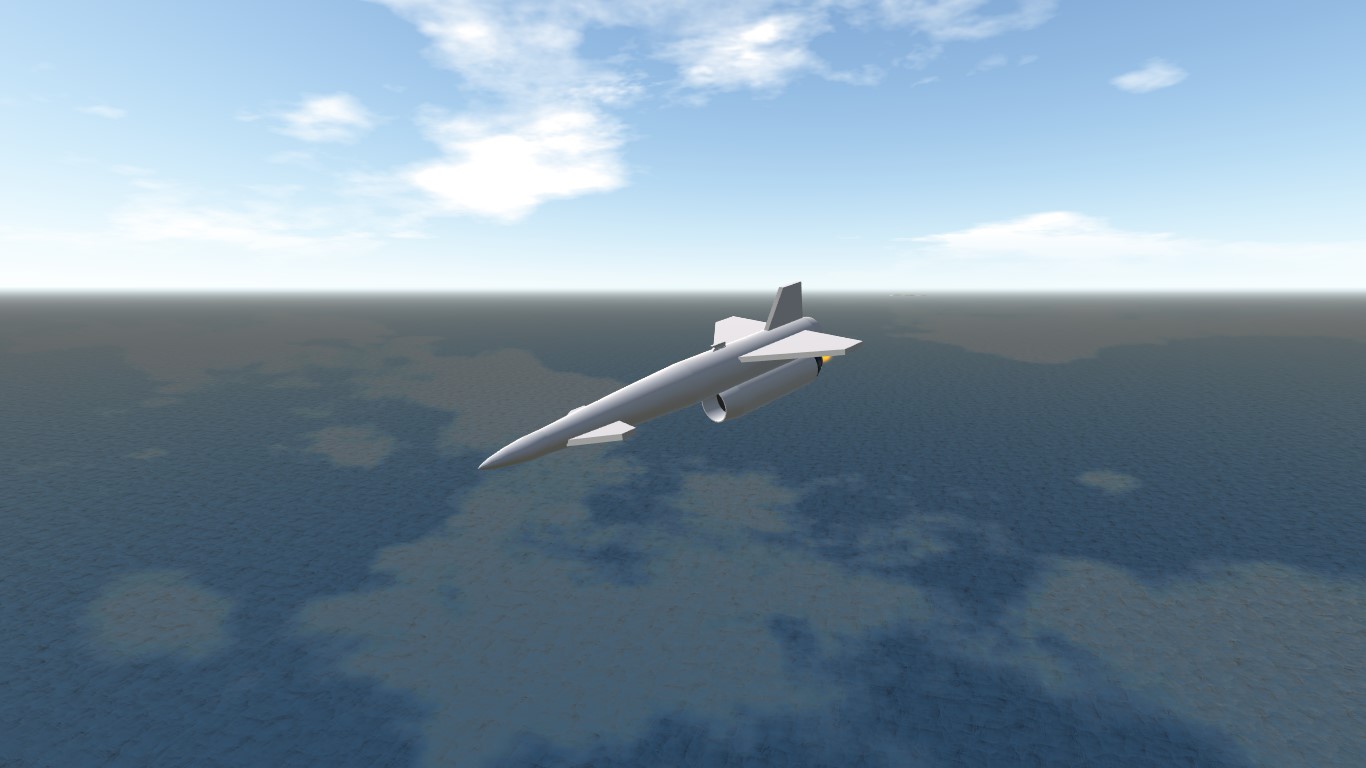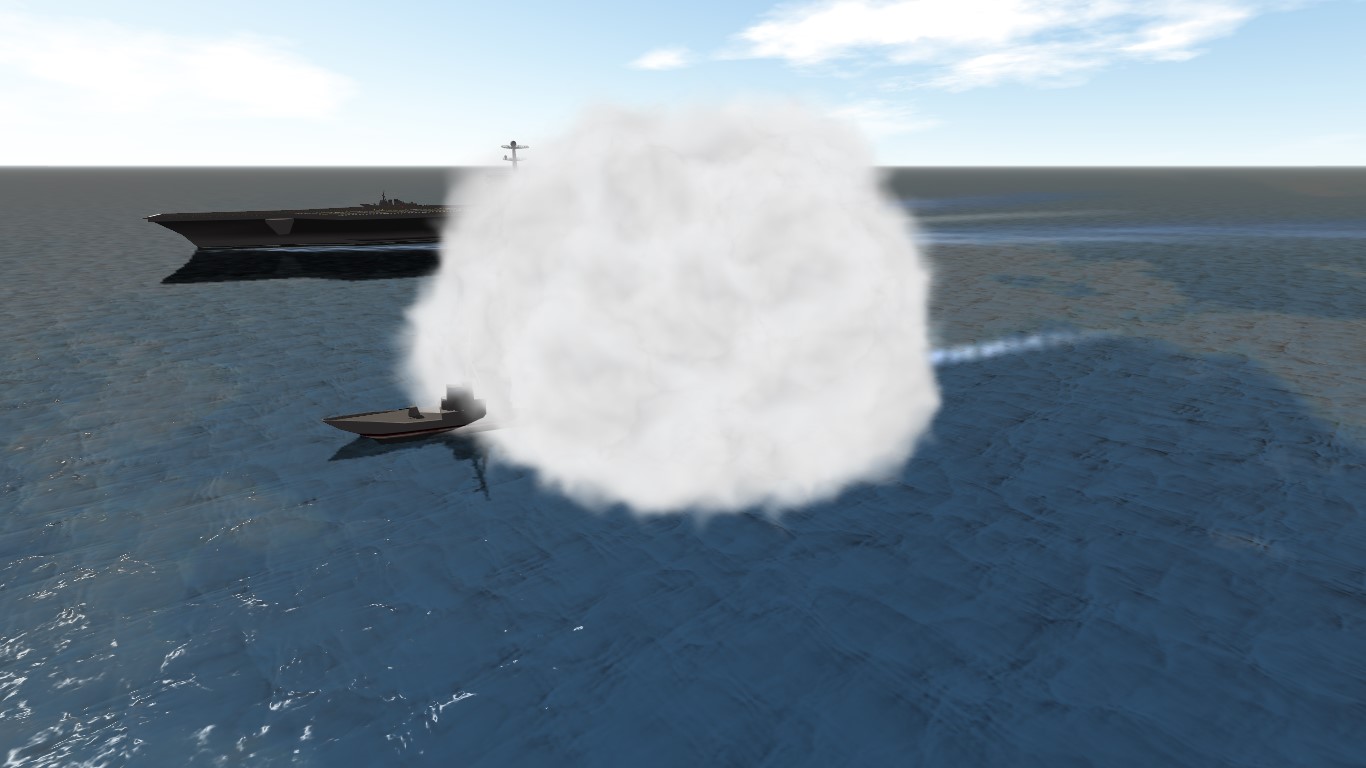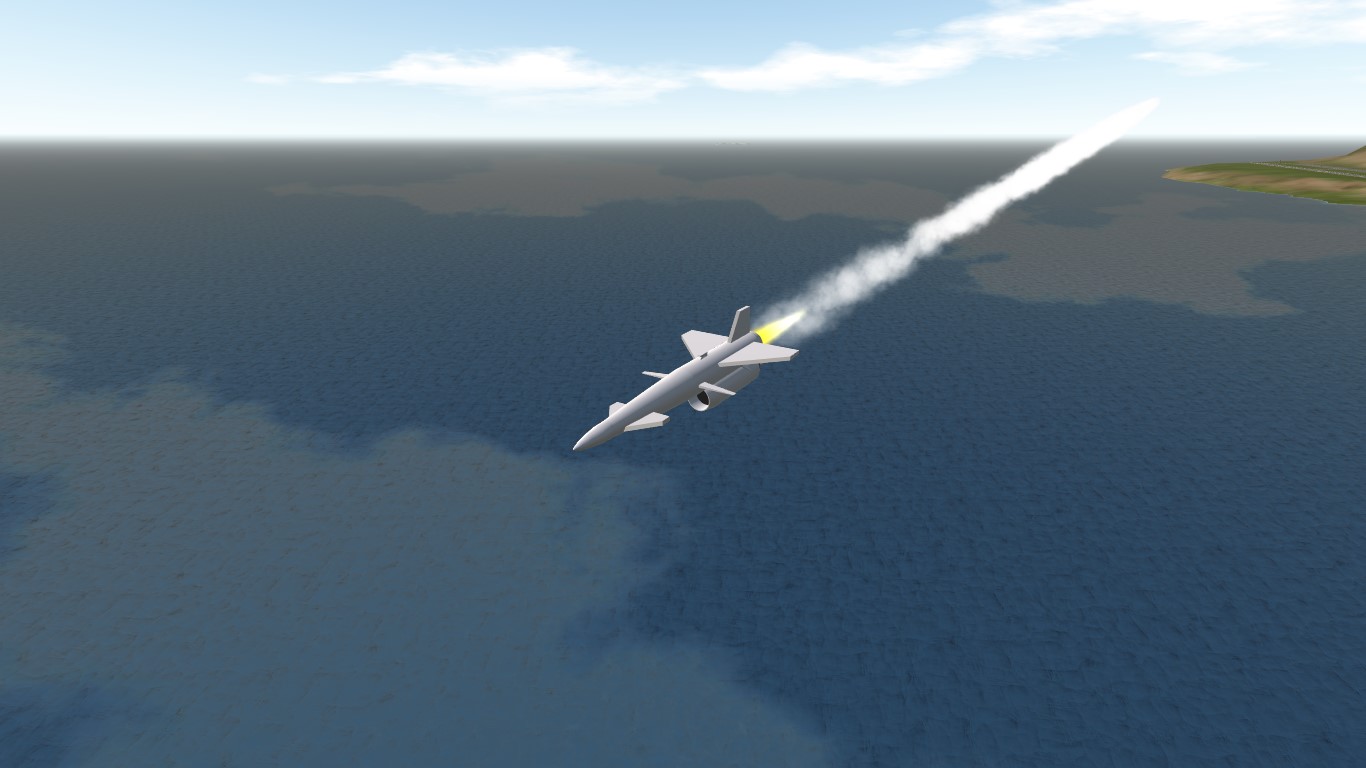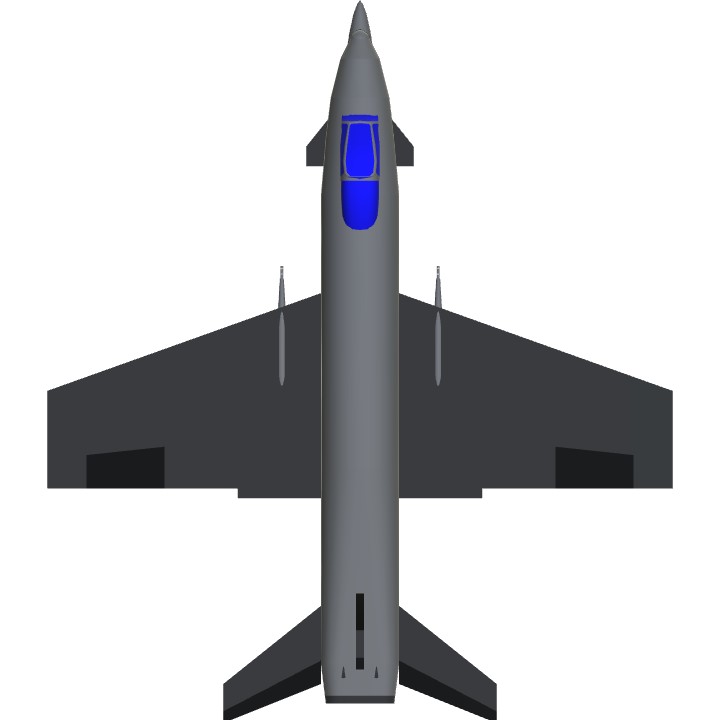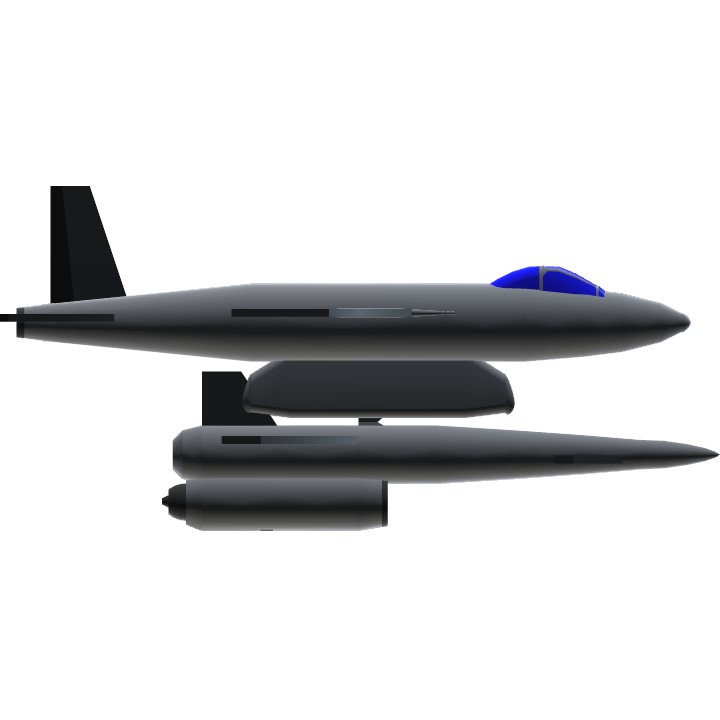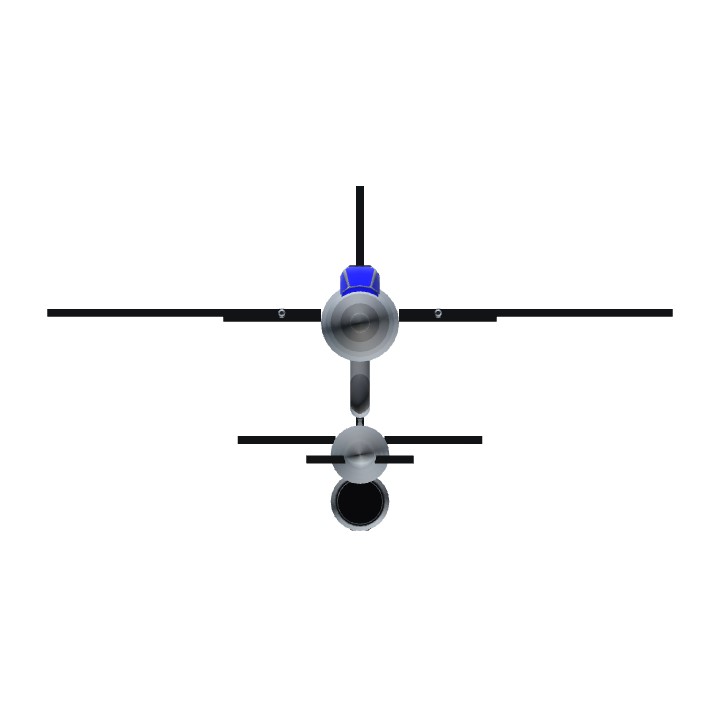The North American Aviation AGM-28 Hound Dog was a supersonic, turbojet-propelled, air-launched cruise missile developed in 1959 for the United States Air Force. It was primarily designed to be capable of attacking Soviet ground-based air defense sites prior to a potential air attack by B-52 Stratofortress long range bombers during the Cold War. The Hound Dog was first given the designation B-77, then redesignated GAM-77, and finally as AGM-28. It was conceived as a temporary standoff missile for the B-52, to be used until the GAM-87 Skybolt air-launched ballistic missile was available. Instead, the Skybolt was cancelled within a few years and the Hound Dog continued to be deployed for a total of 15 years until its replacement by newer missiles, including the AGM-69 SRAM and then the AGM-86 ALCM. Credit to wiki 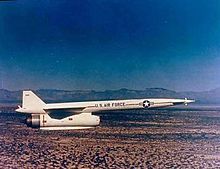
Specifications
General Characteristics
- Successors 3 airplane(s)
- Created On Windows
- Wingspan 26.0ft (7.9m)
- Length 30.2ft (9.2m)
- Height 14.4ft (4.4m)
- Empty Weight 6,327lbs (2,870kg)
- Loaded Weight 9,412lbs (4,269kg)
Performance
- Power/Weight Ratio 2.865
- Wing Loading 43.6lbs/ft2 (212.8kg/m2)
- Wing Area 215.9ft2 (20.1m2)
- Drag Points 897
Parts
- Number of Parts 52
- Control Surfaces 5
- Performance Cost 212

